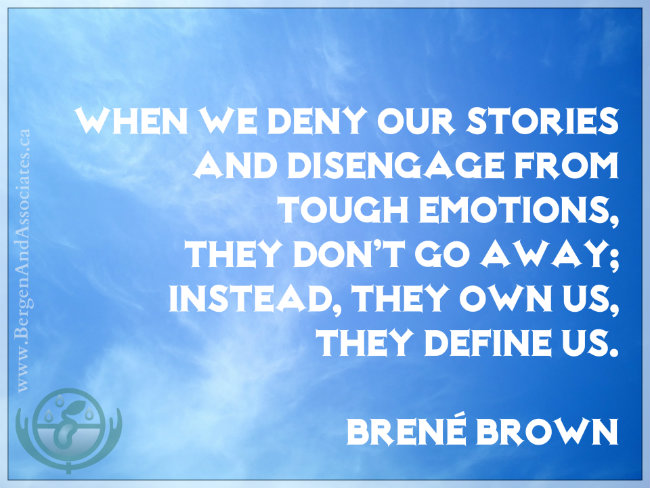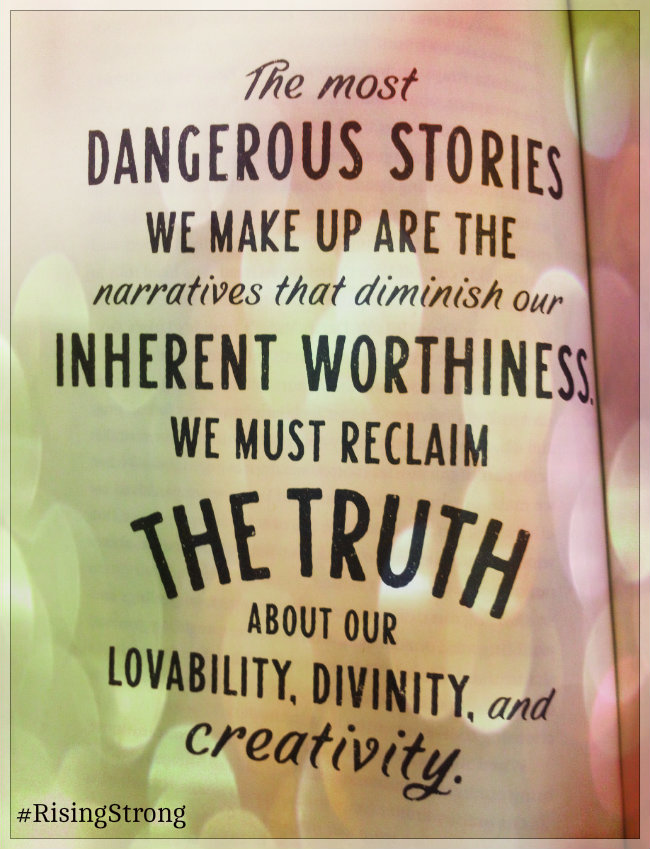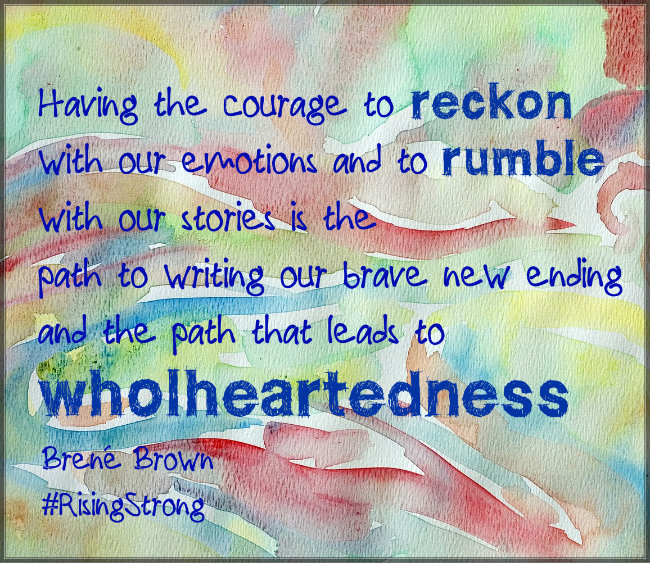
Skipper was my husband’s dog before I knew him. She was one of those hunting-type dogs…the kind that can and needs to run for many miles. An odd sort of dog to choose to have in the city, but they loved her. The family still occasionally tells a Skipper story…and recently related a new one to me:
Life at home was easier with Skipper after a good run…and it wasn’t easy to get her tired. If a family member looped her leash over the handle bars of a bicycle and went for a long cycle, Skipper could be in her glory. She would run long and hard for miles…and then the family could relax, cuz Skipper could have a long happy snooze on her return.
There was an occasional wrinkle to Skipper’s run…she HATED lawnmowers.
It. Wasn’t. Pretty.
Her hatred for lawnmowers was only matched only by her hatred of toasters. (Burnt toast once led to a piercing smoke alarm which led to a lifelong fear of all things being toasted…but that’s another story. I digress).
The cyclist and Skipper would ride and run for miles and then they would suddenly come across a person mowing their lawn. With a lawnmower. And things would go sideways fast.
Skipper would PANIC!!
And when Skipper panicked, she did not run faster.
She stopped. Cold.
And her leash was attached to the handlebars. Of the moving bicycle.
Picture it. Yeah, it ain’t pretty.
The dog stopped. The bike, attached to the dog, stopped.
The rider, not attached to the bike, kept going.
And then the bike crashed, the rider flew over the handlebars and landed hard. The bike might land on or near Skipper with a crash. The rider would yell loudly in pain or surprise or both. The rider would direct the energy of the surprise and fall and pain towards the the dog. (Use your imagination here.)
And Skipper would look at the bike on the ground, at the rider with the new bruises and scraped knee, and the loud chaos that had just occurred. Then Skipper would look knowingly at the rider, as if to say:
“See! Now do you understand why lawnmowers are scary? I told you lawnmowers are terrifying and you wouldn’t believe me!!”
I’m teaching a workshop at a marriage retreat in a few weeks…and the prescribed topic given to me is “crisis”. I had the “Skipper and the lawnmower” story rolling around in my head.
And it got me to thinking…how so often in a marriage, or a close friendship for that matter something difficult/challenging/puzzling/frightening/tragic happens.
- the furnace breaks down
- an elderly parent needs support during a move
- a serious illness
- a lost job
- a child making devastating choices
These aren’t pleasant for certain. In fact, they can be very difficult.
But often what really makes difficult situations a crisis is the response:
- pulling away
- yelling, blaming, defensive responses that are knee jerk reactions
- telling a lot of people who don’t have the right to hear the story
- acting rashly to fix something that actually isn’t fixable
- silence and withdrawal…no response at all
A difficult situation becomes a relationship crisis because of the response to the situation.
A few weeks ago, Husband did something I didn’t understand.
I had told him that I was hoping he would focus on renovations in the laundry room on Monday. And instead, he had cleaned out our bedroom and gone shopping for groceries.
You wouldn’t think that cleaning and grocery shopping is some special sort of evil, but I reacted like it was. It wasn’t what we discussed I asked for. For many, that would be a dream come true, not something to be disappointed about.
The story I told myself was that Husband wasn’t listening to me when we had the conversation, that he didn’t really think my opinions were important, and that he was ignoring my input in his life.
I questioned how much Husband valued our conversation. And because he hadn’t appeared to value the conversation, it became very clear–to me–that I wasn’t valued by him either. I decided that he had deliberate set out to tell me that I wasn’t important to him. (Honestly, you’ve done this sort of catastrophization at some point too, right!?)

It was like when Skipper heard the lawnmower…I reacted, strongly and convincingly.
It was actually my reaction that created a situation.
This situation needed to be sorted out over the coming days. I did not ask him for the explanation. Rather, I said something short and cryptic and sharp as I walked out of the house the next morning.
It wasn’t kind, and it shut down dialogue over the situation.
We were both upset–I was thinking I was upset because he didn’t do what we discussed what I expected. But what was actually upsetting here was my reaction to the situation.(*See footnote*)
The actual reasons why he cleaned and shopped instead of hung the drywall had a perfectly reasonable explanation that I didn’t know about–couldn’t have known about–at the time.
For about three days, Husband and I were cordial and friendly, but not close.
We both used the days to think and pray and be curious about our actions and reactions. He told me a couple of days later that he used the time (as he drywalled the laundry room!) to pray for him/me/us…to remind himself of how precious I am to him, and to pray mercy and grace on me. He doesn’t say that sort of stuff lightly…if he said it, it was because he had done it.
He texted me: “I love you and I love us and…I am committed to us and love being married to you.
That helped me. A lot.
I used the time to ask myself hard questions: “Did I fundamentally think that he got up that morning asking himself how he could make me unimportant as he went about his day.” (Answer: no) “Did I think he was the kind of guy that would smile and nod at my ideas and then intentionally disregard me when I left the room?” (Answer: no, absolutely not)
We each worked to get to a place where we could create compassion and empathy for each other in the situation..and then we sat down and had a long, interesting conversation about what was behind his actions and and my reactions. There’s a bigger story here than I will go into…but we went down all sorts of interesting lines of discussion as we figured it out.
We recognized that when a couple marries in their 40’s, we each have different perceptions of conversation and tasks and work and ways we express our values and ideas.
I apologized for my Skipper-edness.
We all have to recognize and/or find ways of recognizing when our reactions to a situation is actually what creates the crisis.
Life will throw you curve balls. Someone is gonna get sick, the car will get totalled, a parent or child will die: the world will not be fair to you.
How you deal with the crisis as a couple will determine if the crisis creates a marriage or a friendship that is stronger, or more divisive.
Often unwittingly we will create a relationship crisis in response to a life crisis. It happens before we realize it–words are said, the withdrawal is palpable.
The challenge is to own it, and be deliberate with:
- Self compassion– Gentle conversation with ourselves to be able to be open to hard truths
- Empathy for your partner– If these people are in relationship with you…chances are s/he is good people, and wants it to work with you. Not perfect people, but good. S/he is human who doesn’t intend to be a jerk. S/he is doing the best they can–which might be frustrating at the time, but isn’t malicious (yes, maliciousness exists, for certain, in some relationships, but we aren’t talking about that today)
- Recognizing the difference between the situation itself and the story we are telling ourselves about it–that takes some time, some calming, some discernment, and being candid with oneself
- Rumble and reckon about what our own reaction is about (as we trigger the other person to fly over the handlebars because of our own fear/anger reaction–which then really freaks us out!) So often, my reaction is because I decide the other person doesn’t think I’m good enough…that’s my own stuff. I need to own my stuff and think through it…on my own, with a friend, with a therapist.
- Create space to explore the other person’s story, and our story–We belong to each other. We get hurt in relationships…and then within relationship is the best place to heal.
- Connect--deeply, honestly–in hard but life-giving ways.

Reconnection is a challenge after there has been a rupture…repair is challenging, but it’s worth it.






Write a Comment